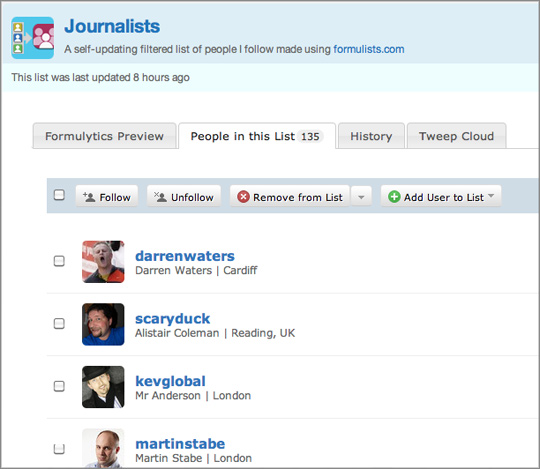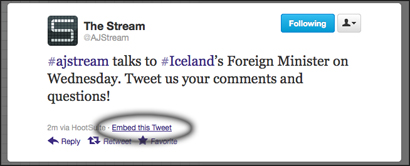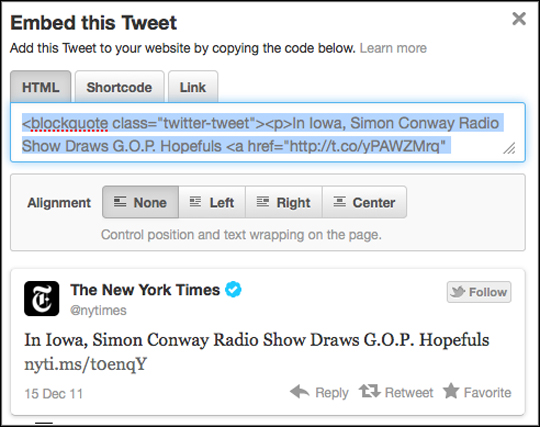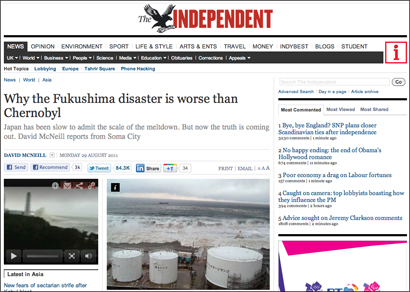
Toni Knevitt, London College of Communication
Channel 4 News presenter Jon Snow gave the annual Hugh Cudlipp lecture last night, in which he gave a powerful speech on what he views as the advent of “journalism’s golden age”.
Snow has published the full version of his speech on his Snowblog, but here are some highlights from the lecture.
Much of his speech discussed how new technology and real-time news across platforms has an impact on the work of journalists:
Contrast therefore my first reporting from Uganda in 1976 and my most recent foreign assignment in 2011.
That first report on the ground in Uganda dealt with the horror of Amin, it was graphic, and because I was not constrained by immediate “live” deadlines and the rest, I had time to hang about to try to grab an interview with the tyrant: that’s the upside. But I had little mechanism for developing any sense of how the story connected with the outside world – the UN, Westminster and the rest.
… Contrast that with my last major foreign assignment in Cairo’s Tahrir Square where I tweeted, blogged, reported, fed the bird, and then anchored that night’s Channel 4 News live from just outside the Square. Mind you, with the pressures of time, some of the fun has gone out of it all.
For journalists, he said, the “liberation” of the media gives way to a new “golden age of journalism”:
We are in the age of answer back, better still we are in the age in which “we the people” have their greatest opportunity ever to influence the information agenda … But above all we are in the age of more. More potential to get it right, to get it fast, to get it in depth. We have that illusive entity “the level playing field”, we can compete on equal terms and yet be the best.
He also passed comment on some of the biggest issues facing the news industry today, from regulation to the phone hacking scandal:
I think it is absolutely right that there is a regulator that people can go to. Who are we to be above the opportunity for people to review what we’ve done? Furthermore I do not want to find my own editors somewhere in the mix. I want an objective regulator.
… Of course, papers and TV are entirely different beasts, and they work in entirely different ways, but I see no reason why print journalism wouldn’t benefit from a credible regulator in the same way TV has.
And not forgetting the Leveson inquiry, which is currently looking at the culture and ethics of the press:
Leveson should recommend many of the people and institutions that have been before him find a way of allowing their staff to get stuck into the real world, it will vastly improve and deepen their journalism. We journalists are not a breed a part – we must be of the world we report. The hacking scandal reveals an echelon of hacks who removed themselves from the world in which the rest of us live – they took some weird pleasure in urinating on our world.
But finally, he called for journalists to be given more time and space wherever possible:
The speed and pace of what all of us is doing is starving, television journalists in particular, of the opportunity to develop the stature and presence of our forebears.
These were people who had days in which to prepare their stories, dominated a tiny handful of channels, and became iconic figures in the medium. It is much, much harder for journalists today to ascend the same ladder and preside with their kind of authority and we need to afford talent the time, the space and the working experience to develop the authority that our medium depends upon.










